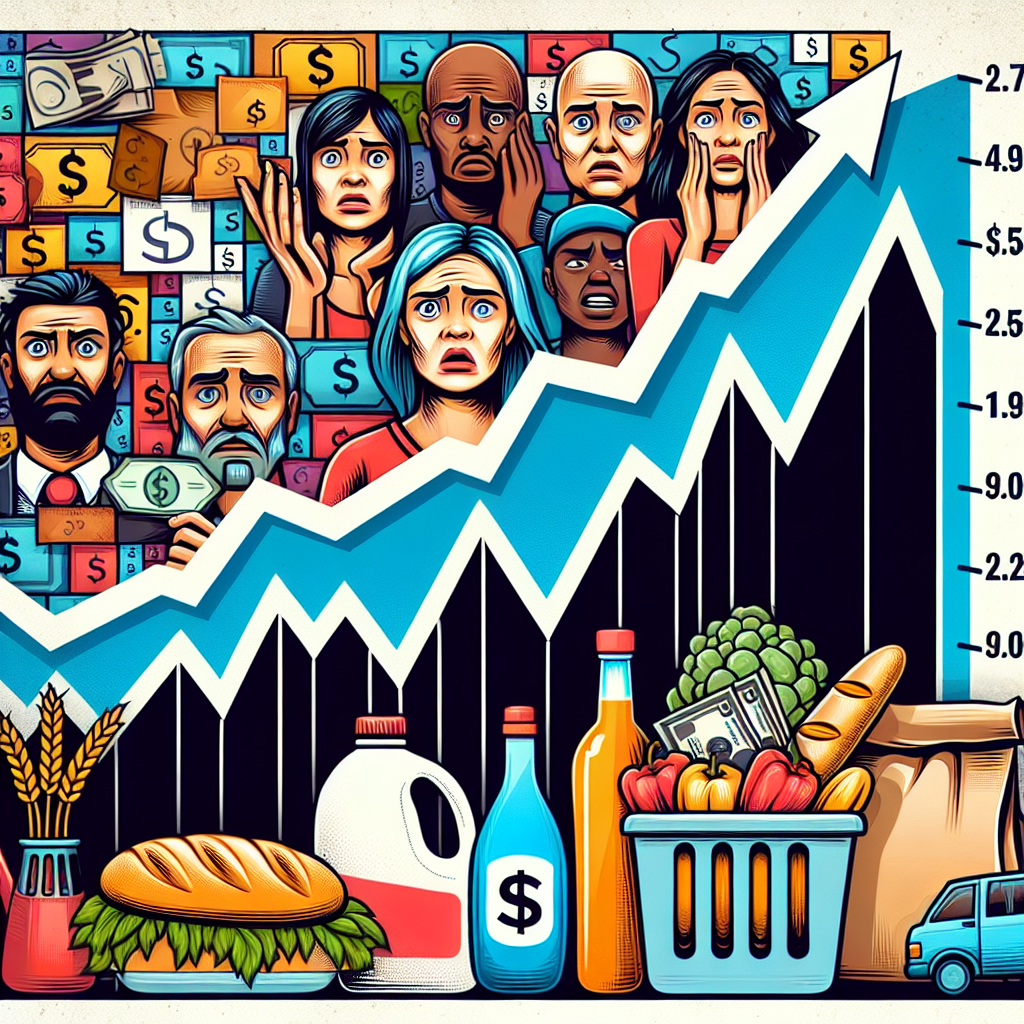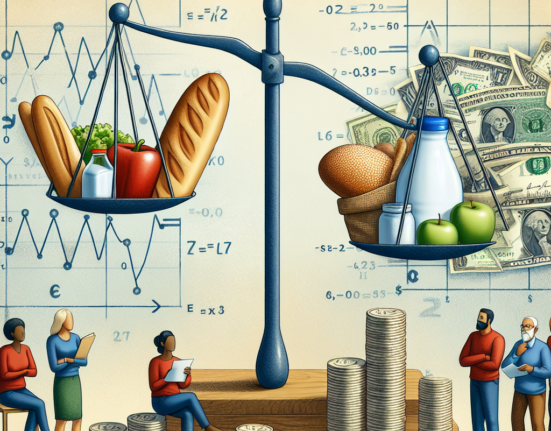Inflation Insights: What Rising Prices Mean for Your Wallet in 2023
As we navigate through 2023, one of the dominant economic narratives has been the persistent rise in inflation rates worldwide. Although inflation is a complex phenomenon influenced by multiple factors, its impacts are acutely felt in our daily lives as consumers. Understanding these implications is crucial for making informed financial decisions that protect your wallet and secure your future.
The Current Inflation Landscape
Inflation occurs when there is a sustained increase in the general price level of goods and services in an economy over a period of time. In 2023, several factors have contributed to the rising inflation rates seen globally. This includes lingering supply chain disruptions from the COVID-19 pandemic, geopolitical tensions affecting energy prices, increased government spending, and shifts in consumer demand patterns.
Central banks worldwide, including the Federal Reserve in the United States and the European Central Bank, have been grappling with finding a balance between curbing inflation and maintaining economic growth. Interest rate hikes are a common tool used to stabilize inflation; however, they can also slow down economic momentum, affecting employment and business investments.
How Inflation Affects Your Wallet
-
Decreased Purchasing Power: The most direct impact of inflation is the erosion of purchasing power. As prices rise, the same amount of money buys fewer goods and services. This means consumers may need to budget more carefully and prioritize essential spending over discretionary expenses.
-
Rising Cost of Living: From groceries and gas to rent and utilities, the cost of living has risen in many parts of the world. Households are finding they need to allocate more of their income to cover basic necessities, leaving less room for savings or leisure spending.
-
Impact on Savings: With inflation outpacing interest rates on savings accounts, the real value of savings can decline. It’s crucial for savers to explore investment options that offer returns exceeding inflation to maintain their financial security.
-
Effects on Debt: While existing fixed-rate debts like mortgages may become cheaper in real terms as inflation rises, variable-rate debts can become more expensive with rising interest rates. Borrowers need to understand the impact of inflation on their debt obligations and plan accordingly.
- Wages and Employment: Although inflation can lead to higher wages as employers try to retain talent in a competitive market, wage growth may not keep up with inflation, thereby reducing real income. Additionally, rising costs for businesses could lead to reduced hiring or job cuts.
Strategies for Managing Inflation
-
Budget Adjustments: Reevaluate monthly expenses and distinguish between needs and wants. Cutting non-essential expenses can help manage the budget effectively.
-
Invest Wisely: Consider investing in assets that historically offer inflation protection, such as stocks, real estate, or commodities.
-
Review Debt: If feasible, consolidate debts to secure fixed interest rates and minimize the impact of future rate hikes.
-
Boost Financial Literacy: Educate yourself on economic trends and personal finance to make informed decisions about investments, savings, and expenditures.
- Consider Additional Income Streams: Part-time jobs or side hustles can help increase income, providing more buffer against inflationary pressures.
Looking Ahead
While inflation poses significant challenges, it also provides an opportunity to reassess and adapt financial practices. By staying informed and proactive, consumers can mitigate negative effects and even find opportunities for growth in an inflationary environment.
As 2023 continues to unfold, keeping an eye on economic indicators and governmental policy responses will be essential for anticipating changes in inflation trends. Equipping oneself with knowledge and flexibility will be the key to navigating the choppy waters of rising prices and maintaining financial stability.














Leave feedback about this
You must be logged in to post a comment.